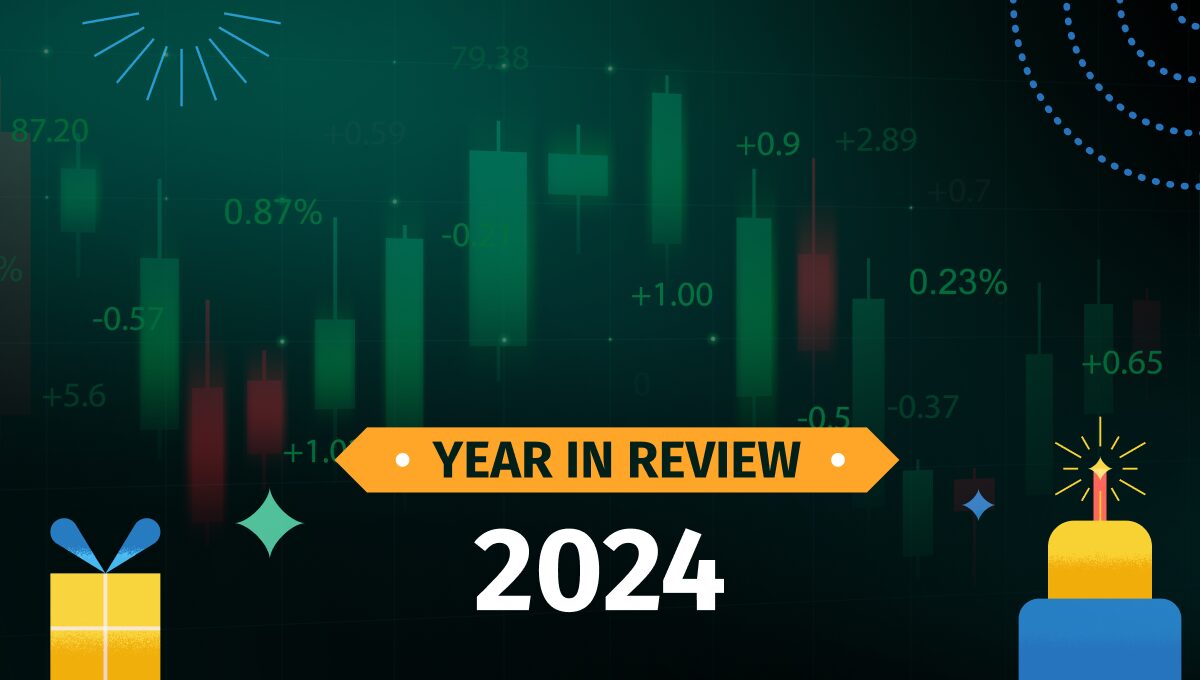Expert Analysis of the Global Macro Events & News affecting the Indian Markets
WEEKLY SYNOPSIS
| Index | 1 Week | 1 Month | 1 Year | 5 Years |
| Nifty 50 | -0.62% | -1.40% | 10.35% | 67.83% |
| BSE Midcap | 0.76% | 3.99% | 24.41% | 86.17% |
| S&P 500 | -2.69% | -3.40% | 6.33% | 53.05% |
| Hang Sang | -4.38% | -4.70% | -8.78% | -35.71% |
Spoiler Alert- Hello, you must be wondering why we put the Hang Seng Index in this week’s newsletter. Well, keep scrolling and you’ll get your answer.
Red Dragon losing its f(l)ame?
Until recently, China maintained a low profile while everyone discussed the looming fear of recession in the global economy. This low profile collapsed with the emergence of the deflation and depreciation yuan and the real estate crisis. China’s plate is full. Not in a positive way though. I’m sure there are enough articles on the internet to read about these. But I’ll keep it short and cover it in one short piece. So without wasting any time, let us begin.
When the countries around the world are juggling with high inflation rates, China is reporting deflation. Honestly, we saw it coming given the government’s stubbornness to implement the Zero Covid Policy. CPI fell by 0.3% YoY basis. This indicates a lacklustre of demand in China. Some commodities like port prices have fallen by more than 26%. We always talk about how increasing inflation triggers interest rates cycle but inflation is the worst. It signals an expected downturn in the economy leading to recession or depression.
Let us try to understand it with a simple example. If the overall demand is low, companies would start cutting on manufacturing and save its costs by layoffs. This would not only increase unemployment but lower disposable income too. For a matter of fact, it has been reported that the unemployment rate in China for people 16-24 years old could be around 21%.
A look at the data: While the core inflation saw an upward trend, headline inflation was negative. This happened for the first time post covid.
While the FED has been going through repeated interest rate hikes to control inflation in the economy, China recently cut its one year lending rates to lure people into buying credit but kept five year lending rates unchanged due to broader set of issues. The difference between the two is that one year rates are used for new and outstanding loans and the latter one influences pricing of mortgages. But the hesitance was seen as decrease in interest rates can depreciate home currency.
I recently read that “Chinese banks were seen selling dollars in the foreign market”. China’s yuan has lost more than 5% against the dollar to 7.25 per dollar. Increasing yield in the US and China’s ongoing real estate crisis has turned investors cautious and they have been pulling money out of the markets reducing the overall demand of the local currency. Some market watchers suspect the People’s Bank of China could set a cap on dollar deposit rates, a move that could encourage companies to liquidate their large dollar positions to ease downside pressure on the yuan.
A look at the data – The vertical axis on the chart shows the price of 1 dollar in terms of yuan. It recently breached a mark of 7.25, reaching an all time high.
This is just one part of the story. The situation aggravated when Country Garden, the country’s biggest real estate developer, reported that it might default on its payments. It is not a mere $10 or $50 billion default, it could amount to $200 billion. Real Estate, China, Default- These words do ring a bell right? The situation is somewhat similar to 2021, when Evergrande defaulted on $300 billion payments. Cherry on the top, Evergrande recently filed for US bankruptcy protection. But the question is how did it start? Apologies but I’m not going to cover that in detail. To give you a jist, it is the Chinese Government’s own doing. It digs its own grave through its policies.
Real estate industry in China saw a boom that no other sector did. Prices skyrocketed when the government leased its land to private players. Private players recklessly kept on constructing taking loans and kept on taking loans to pay off the previous debts thinking that there was no end to this bubble. In 2020, the government cracked down, though a little late, limiting the ability of real estate companies to raise money and prompting a series of defaults.
Even as other developers stopped paying their bills, Country Garden continued to make good on its obligations. It began to rely more heavily on the revenue from selling apartments before they were finished and using that money to help finance its operations. A slump in home buying this year has placed the company in a crisis. The company is expected to post a multi billion dollar loss this quarter.
A look at the data- Image on the left shows how the real estate sales have slumped in China, creating problems not only for the real estate sector but for the whole economy. Right chart shows the stock price of Country Garden, which fell below 1 HKD.
Ending note- I have repeatedly heard people saying that today’s India is 2008’s China.
India is the next China. But all these concerns raise an important question. Do we even want to be like China, given its current situtaion? I think it’s time that we focus on taking only good parts and rethinking the Red Dragon’s so-called “Glorification”.
During our last live – Market Moments, we talked about the global cues and their impact on the Indian economy. One concern that seems to stand out amongst readers is whether one should buy more on dips currently.
We are seeing some corrections happening, but this should not be a reason to either sway from markets or go in knee deep. Right now, it would be a good decision to hold the cash steadily and deploy funds slowly in the right stocks. Understand the market behaviours leading to corrections and keep doing SIPs regularly.
Market Moments with Divam Sharma
Explore Green Portfolio’s smallcases
Liked this story and want to continue receiving interesting content? Watchlist Green Portfolio’s smallcases to receive exclusive and curated stories!
And for all you Green Portfolio subscribers, we’re rolling out Exclusive Perks!

Use Promocode SCMINT30 on Mint Premium’s 1 Year or 2 Year plan to get 30% OFF on your purchase! Offer Valid until 31st December, 2023.
Green Portfolio is a SEBI Registered (SEBI Registration No. INH100008513) Research Analyst Firm. The research and reports express our opinions which we have based upon generally available public information, field research, inferences and deductions through are due diligence and analytical process. To the best our ability and belief, all information contained here is accurate and reliable, and has been obtained from public sources we believe to be accurate and reliable. We make no representation, express or implied, as to the accuracy, timeliness, or completeness of any such information or with regard to the results obtained from its use.






